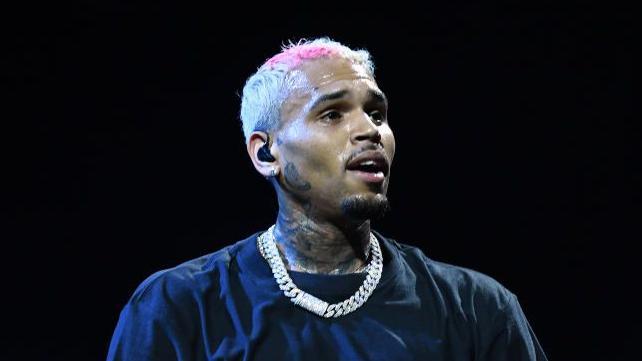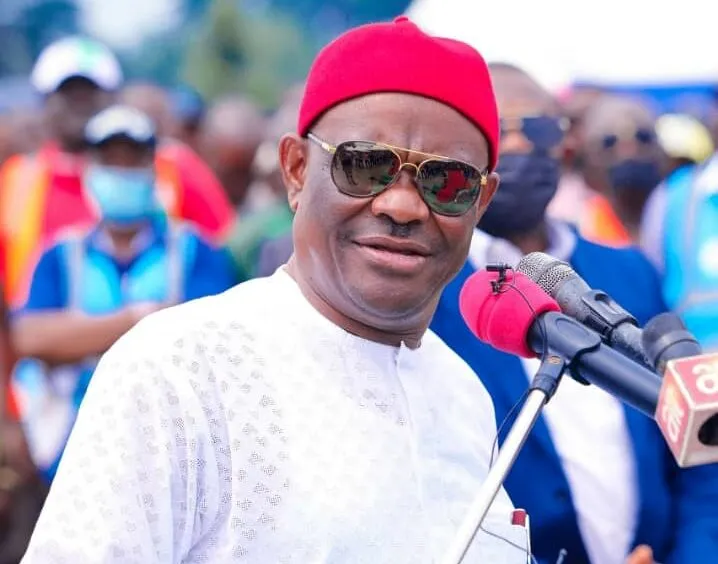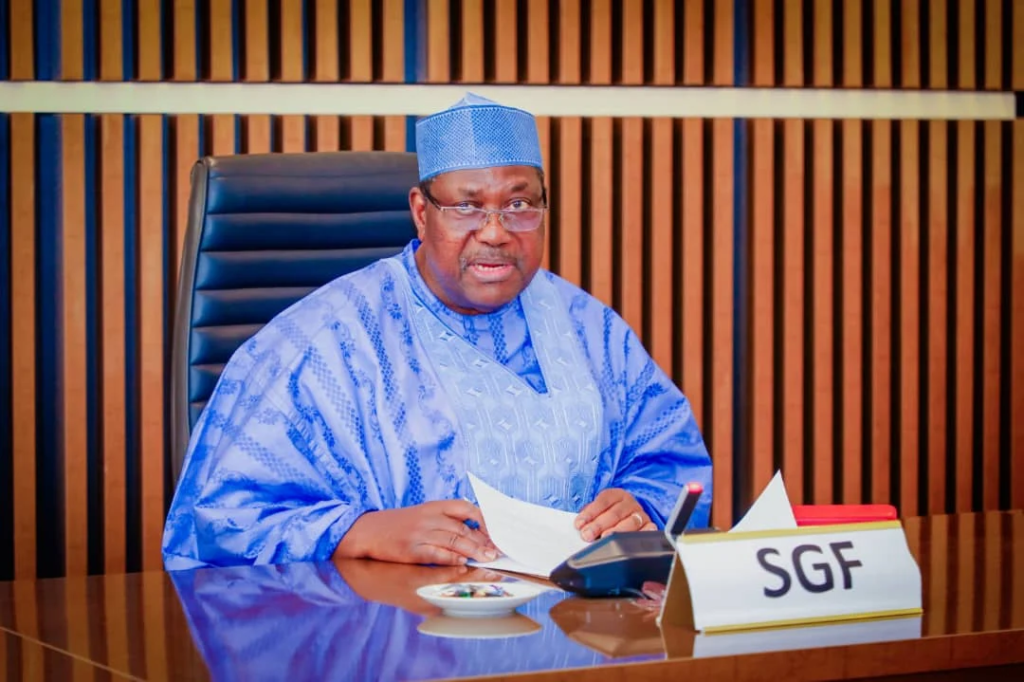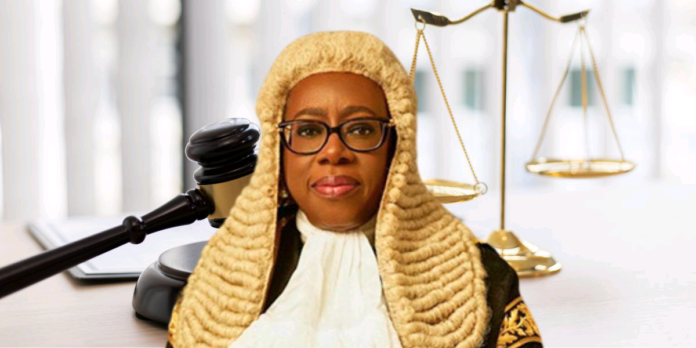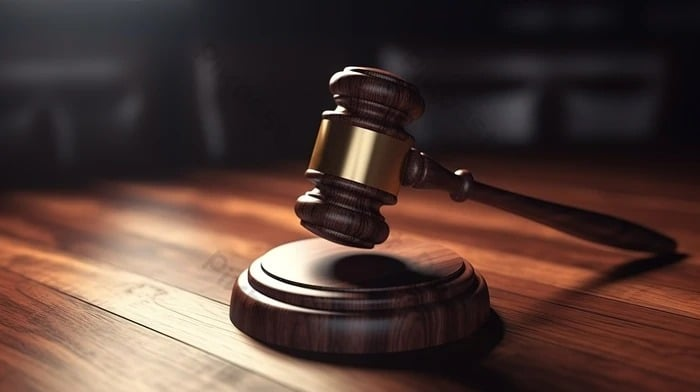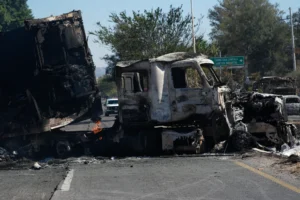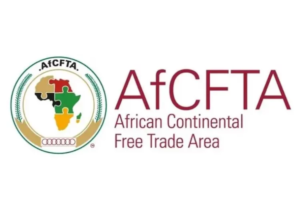Chris Brown’s upcoming concert in South Africa has reignited controversy over the country’s high levels of violence against women, with activists arguing that allowing him to perform sends the wrong message given his history of abuse.
The Grammy-winning artist sold out tickets for his show at Johannesburg’s FNB Stadium, Africa’s largest venue with over 94,000 seats, in under two hours. Due to overwhelming demand, a second concert date in December was added. Despite the excitement from fans, there has been backlash from those who oppose Brown performing in South Africa due to his past involvement in domestic violence.
“I was shocked and deeply disappointed when I heard Chris Brown was coming to South Africa,” said Sabina Walter, executive director of Women for Change, an organization that advocates for the rights of women and children in South Africa. The group has launched a petition to stop the U.S. artist from performing, which has garnered over 20,000 signatures.
“The petition is intended to send a strong message that we will not tolerate the celebration of individuals with a history of violence against women,” said Ms. Walter, especially in a country where gender-based violence is at crisis levels. South Africa has one of the highest rates of femicide and gender-based violence in the world, with a rape reported approximately every 12 minutes, and many more likely unreported.
“When someone like Chris Brown is given a platform in a country where GBV is rampant, it sends a harmful message—that fame and power overshadow accountability,” Ms. Walter added.
Brown’s most infamous incident of abuse involved a 2009 domestic dispute with singer Rihanna. Brown, then 19, pleaded guilty to assault and was sentenced to five years of probation, community service, and domestic violence counseling. While Rihanna later forgave him and the two briefly reconciled, Brown has since faced additional accusations of violence from other women and men.
Women for Change is questioning how South Africa’s Department of Home Affairs could issue a visa to “a convicted abuser.” Ms. Walter called the decision “concerning and indicative of a systemic failure.” Under South African law, prior convictions can result in visa denial, but exceptions can be made for “good cause” and are reviewed by the Director General of Home Affairs.
Brown has previously been banned from countries like the United Kingdom, Australia, Canada, and New Zealand, although he has since performed in the UK and other parts of Europe.
Despite the controversy, Brown’s South African fans remain enthusiastic about his upcoming performances.

